A Movement in History
The new education prepares the child, not only the future citizen capable of fulfilling his duties to his loved ones and to humanity as a whole, but also the human being conscious of his dignity as a man . principle of the International League for New Education – 1921
1921 Creation of the International League for New Education: in the face of the horror of the first world conflict, the idea that a new education could preserve peace international is essential.
1921-1929 New practices: mutuality and the school cooperative with Barthélémy Profit, free work in small groups with Roger Cousinet, the role of work and cooperation in learning with Célestin Freinet
1922 Creation of “l’Education Nouvelle, a group of studies,
research and educational experiences” which became in 1929
the Groupe Français d’Education Nouvelle. Nourished by the
research of illustrious precursors (Rousseau, Pestalozzi,
Jacototot, Montessori, Decroly, Makarenko, Korczak, Bakulé,
Freinet, Piaget, Freire…), Paul Langevin, Henri Wallon,
Gaston Mialaret, Robert Gloton, Henri Bassis, Odette Bassis – presidents or vice-presidents of the movement – contribute to forging its identity.
1962-1971 The experimental group in the 20th arrondissement of Paris, under the aegis of Robert Gloton, is working to develop a new way of looking at children and their potential, the teaching profession and its practices, and the possible place of school with parents and in society.
1971-1975 The contributions of this experiment are reinvested, developed in Chad in a project of training/transformation of teaching practices under the leadership of Henri and Odette Bassis, who, making a decisive break in the transmission of knowledge, have created a new way of teaching. The approach of self-socio-construction of knowledge, a concept nourished by the work of Bachelard, Bourdieu, Bruner, Leontyev, Piaget, Vygotsky. The GFEN develops writing workshops.
1981 First GFEN Summer University in Montpellier.
Since then, in order to oppose the ideology of donations, tofight against fatalities and to develop solidarity practices, the GFEN has continued to reflect on and work on the report to the knowledge and the importance of socio-cognitive conflict in the in the learning and creation.
2007 Succeeding Odette Bassis, Jacques Bernardin is president of the movement since that date.
2008 First National Meetings “Help, how can they do without it?”
2009 First National Meetings ” So that the kindergarten goes to school”.
Rejecting failure and creating the conditions for success, for emancipation… intervenes
- from kindergarten to university, in all disciplines
in administrations, associations, libraries, collectives, companies, territorial services, unions… - in the fields of culture, education, justice, health…
- for volunteers, communities, excluded people, individuals, professionals .
Because :
- learning is not about recipes but about strategies… the GFEN proposes tools most often in the form of “formalities”;
- knowledge is not transmitted but is built… the GFEN proposes situations of knowledge building ;
- the act of learning is a singular, individual act… the GFEN speaks of self-construction;
- we learn alone but with others … the GFEN talks about self socio-construction of knowledge.
Building practices to train, to transform oneself..
initiates, organizes, collaborates, participates in :
- activities; writing and creation workshops…
- training of trainers, initial and continuing professional training…
- symposiums, conferences, study days, forums…
- parents’ meetings, working groups, seminars…
- summer universities…
- work with research teams…
- co-writing works…
The GFEN, as an actor in the construction of the “global citizen”, participates in
– at international summer schools, World Education Forum (Porto Alegre,Nairobi,Malmö,Istanbul);
– to the work and publications of other international groups (Belgique, Bolivie, Catalogne, Haïti, Italie, Kenya, Luxembourg, Maroc, Roumanie, Russie, Suisse, Togo, Tunisie, ) ;
– LIEN : GFEN is member of Lien International d’Education Nouvelle since its creation in 2001
Meeting to think, seek and act together…
acts by
- defining work objects at regular meetings .
- elaborating, living and bringing to life situations, approaches…
- organizing actions, meetings with partners… in connection with the national initiatives.
in
- groups in regions.
- nation al sectors: Plastic Arts ( research and creation ), Writing & Poetry, Institut Henri Wallon,Languages, Maternelle, Philosophy, Sciences…
With
partners (trade unions, other associations and pedagogical movements …) to assert that education, although linked to economic and social policies, cannot be subject to their injunctions.
GFEN is a member of the CAPE (Collectif des Associations Partenaires de l’Ecole Publique )
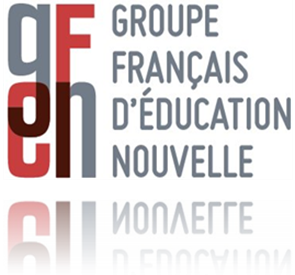
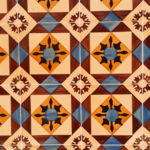
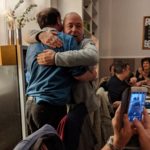
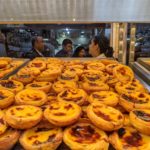
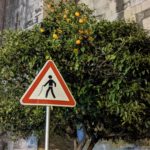
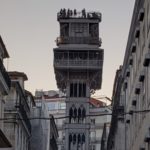
Comments by jlcazaillon